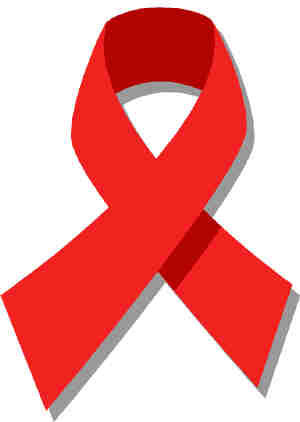
KADOMA — Gains achieved when the country managed to significantly reduce the HIV prevalence rate risk being wiped out if the problem of increasing sexually transmitted infections (STIs) is not addressed, the National Aids Council (NAC) has said.
FELUNA NLEYA STAFF REPORTER
Speaking to journalists at a workshop in Kadoma on Wednesday, NAC monitoring and evaluation director Amon Mpofu said the country was sitting on a health time bomb because of increasing STI cases.
NAC recently released statistics showing a 19% increase in STIs across the country in the second quarter from 42 403 to 50 524.
“There is an increase in the STIs across the country and if nothing is done we are sitting on a health time bomb that can lead to an outbreak of new HIV infections,” Mpofu said.
“This is a sign that people are indulging in unprotected sex. STIs are primary to HIV infections, so we should really get worried.”
Mpofu said the country was on track reducing new HIV infections and deaths, but latest evidence showed that there was need to focus on heterosexual groups which recorded above 50% of new HIV infections.
NAC chief executive officer Tapuwa Magure said most of the new HIV infections were coming from long standing relationships.
- Chamisa under fire over US$120K donation
- Mavhunga puts DeMbare into Chibuku quarterfinals
- Pension funds bet on Cabora Bassa oilfields
- Councils defy govt fire tender directive
Keep Reading
“Findings have revealed that the steady relationships, those married and those who have normal casual sex contribute above 50% of the new HIV infections,” Magure said.
Officially opening the workshop, MP for Makonde Kindness Paradza said HIV stories remained relevant although people felt they were tired.
“HIV remains an issue of public interest, although Ebola has taken centre stage,” Paradza said.
“It may seem we have made tremendous progress on HIV, but we still need to write about them.”











